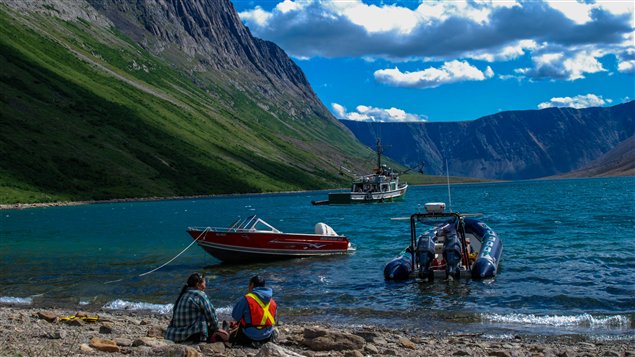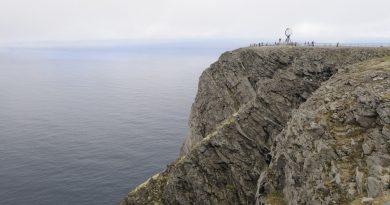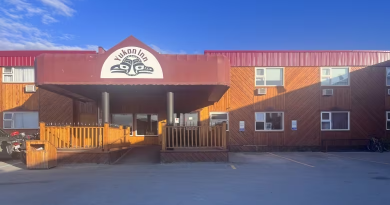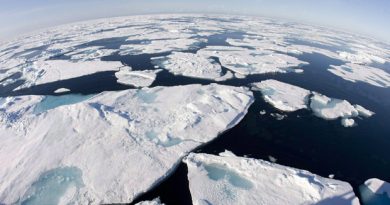Growing tourism in Nunatsiavut

The question of how best to foster economic development in remote northern regions is an ongoing one.
But tourism has proved to be a success is many communities. It’s seen as an environmentally sustainable industry for northern regions. It’s also an industry that provides a range of employment for locals whether as guides, hunters, crafts people or business people.
As part of our ongoing series looking at economic development in northern regions, today we turn our spotlight on Nunatsiavut, the Inuit self-governing region in the northern region of the Atlantic Canadian province of Newfoundland and Labrador.
Tourism is relatively young industry for the region but it’s already proving to be one of the bright spots on the economic and social landscape, says Dave Lough, Nunatsiavut’s deputy minister of Culture, Recreation and Tourism.
“Our industry is owned and operated by the Inuit and that’s a real attraction for visitors ,” Lough says. “Nunatsiavut is home to the southernmost Inuit population in the world and perhaps the least understood. The story of the Labrador Inuit is a fascinating one and we welcome the opportunity to present it.”
To find out more about the attractions and development of Nunatsiavut’s tourism industry, I recently spoke to Dave Lough.
To listen to our conversation, click here



